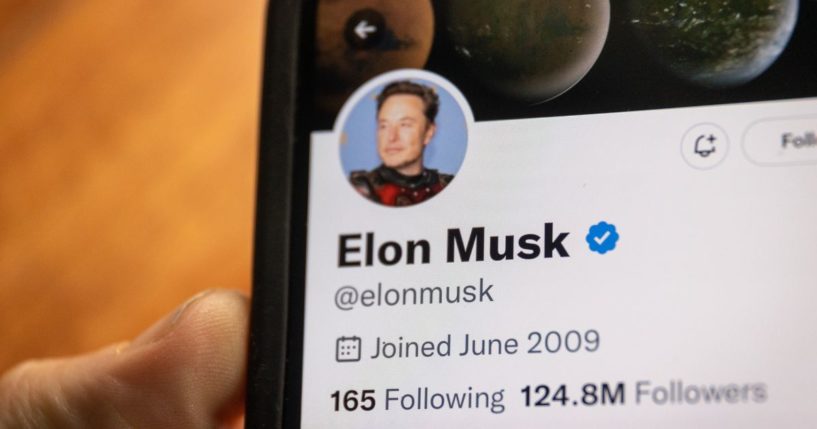
Solomon: Why Is Elon Musk Claiming Twitter Is Worth Half of What He Paid for It?
Elon Musk’s recent claim that Twitter is worth less than half of what he paid for it has caused widespread speculation about his intentions.
While it is not entirely clear what his endgame is, Musk recently offered stock grants to Twitter staff that value the company at $20 billion, less than half of the $44 billion he paid to take control of the social media company in late October.
Musk told employees they would receive stock awards based on a $20 billion valuation of the firm. This message came in the context of his informing the Twitter team that the company “can be thought of as an inverse startup” due to the massive and rapid reshaping Musk has initiated over the past five months.
During that time, Musk’s net worth has fallen by $100 billion, according to the Bloomberg Billionaires Index.
While it is possible that Musk is trying to lower expectations for Twitter’s performance or to justify his investment and ongoing active role in reshaping the company, it is even more likely that he is trying to make Twitter more attractive to potential buyers by lowering its perceived value.
Yet what is quickly becoming the most plausible scenario is that Musk’s claim that Twitter is worth less than half of what he paid for it is intended as a clear and direct message to the holders of the debt he incurred to acquire Twitter.
In January, Musk made the first debt payment on his Twitter acquisition. Of the $44 billion purchase, $12.5 billion was in the form of debt. As Bloomberg first reported, Musk made this debt payment to Morgan Stanley and a consortium of seven banks that were stuck with the Twitter debt after failing to sell it.
The initial debt payment was $300 million, a staggering amount that isn’t going to be sustainable for Musk if Twitter is worth half of what he paid for the social media behemoth.
In November, Musk said that his $44 billion Twitter takeover might result in a bankruptcy filing, but there could be other options to make the deal work. If Twitter’s value has indeed decreased significantly, it would affect Musk’s ability to pay off his debt. However, it is also possible that Musk negotiated favorable terms with his creditors that take into account the risks associated with the Twitter acquisition.
As attorney Joseph Capo pointed out, “it is possible that Elon Musk’s creditors might have no choice but to negotiate a reduction in his debt payments for the acquisition if Twitter’s value is actually half of what he paid for it.”
What has been clear for months is that Twitter has lost a significant amount of advertising revenue since Musk acquired the company.
According to various reports, half of Twitter’s top 100 advertisers have stopped advertising on the platform since Musk took over. Reuters reported that 14 of the top 30 advertisers on Twitter stopped all advertising on the platform after Musk took charge.
This has resulted in a loss of billions of dollars in advertising revenue. Twitter has actively been exploring ways to replace that lost revenue, including subscription-based services and e-commerce.
While ultimately the impact on Musk’s debt payments would depend on the specific terms of the agreement and the negotiations between Musk and his creditors, if Twitter really is worth half of what Musk paid for it, he may have undeniable leverage to renegotiate his debt payments.
This is based on one undeniable reality: that, not only in the eyes of its 368 million active users, but in the eyes of its investors as well, Twitter is simply too big to fail.
The views expressed in this opinion article are those of their author and are not necessarily either shared or endorsed by the owners of this website. If you are interested in contributing an Op-Ed to The Western Journal, you can learn about our submission guidelines and process here.
Truth and Accuracy
We are committed to truth and accuracy in all of our journalism. Read our editorial standards.
Advertise with The Western Journal and reach millions of highly engaged readers, while supporting our work. Advertise Today.












